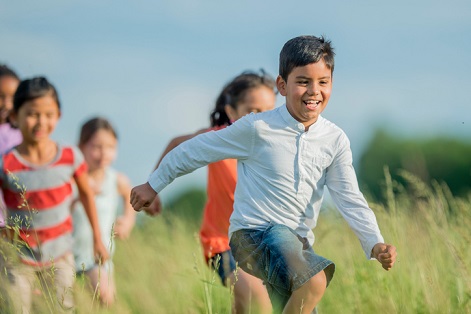
Most Australian schools are aware of Positive Behaviour for Learning (PBL), an evidence-based approach which supports school leadership teams to create positive learning environments that enable student learning and well-being.
However, the new Riverbend School in India has taken this concept to a whole new level.
Rather than being drilled with science and maths problems, students will collaborate to create solutions to real world issues, such as food and water scarcity, clean energy development, housing and global health.
The school’s lead architect, Danish Kurani – from New York-based firm Kurani – told Business Insider that during the planning process, he and his team looked at a Harvard study that found strong relationships contribute to a happy life.
With this in mind, Kurani designed the school like a village, with multiple communal spaces, dubbed “chat labs” where students can discuss projects with peers or teachers.
What’s more, students get to decide their personal curricula and schedule.
The logic behind the school’s design and curriculum is that if children are more engaged in things they personally care about, they will thrive in the classroom.
“You take for granted what a school is. Most people think it’s just a bunch of hallways and classrooms,” Kurani said.
“But if you’re going to change the learning model – and focus on students’ character, happiness and emotional intelligence – then we have to question, ‘what are the types of spaces we should offer kids?’”
Other perks of the campus include spaces for students to meditate, a kitchen for culinary classes, recording and dance studios and a storefront where students can launch businesses.
Riverbend will not have standardised tests and is still deciding whether it will grade students – a move that Kurani says can breed unhealthy competition. Instead, the school will follow a recent trend in American education called “personalised learning”.
In this model, the teacher doesn’t lecture, but acts more as a facilitator to students, who choose how and what they learn.
“The focus will not just be cramming kids’ heads with information, regurgitating it out to us and having no sense of why it matters,” Kurani said.
“We want to raise people who are good for our communities. It’s about flipping the priorities of traditional pedagogy.”


